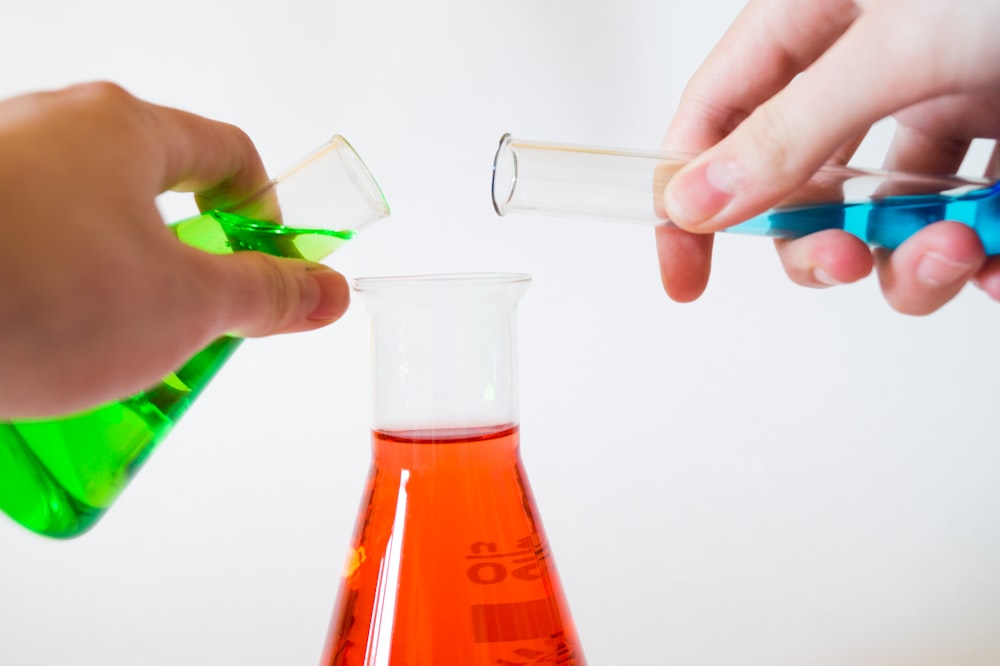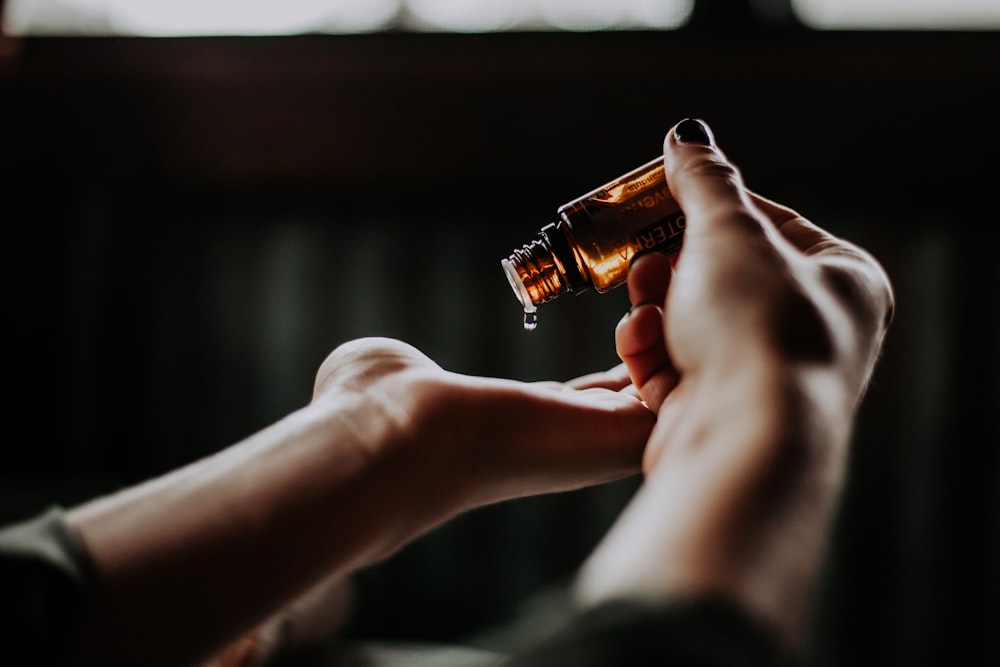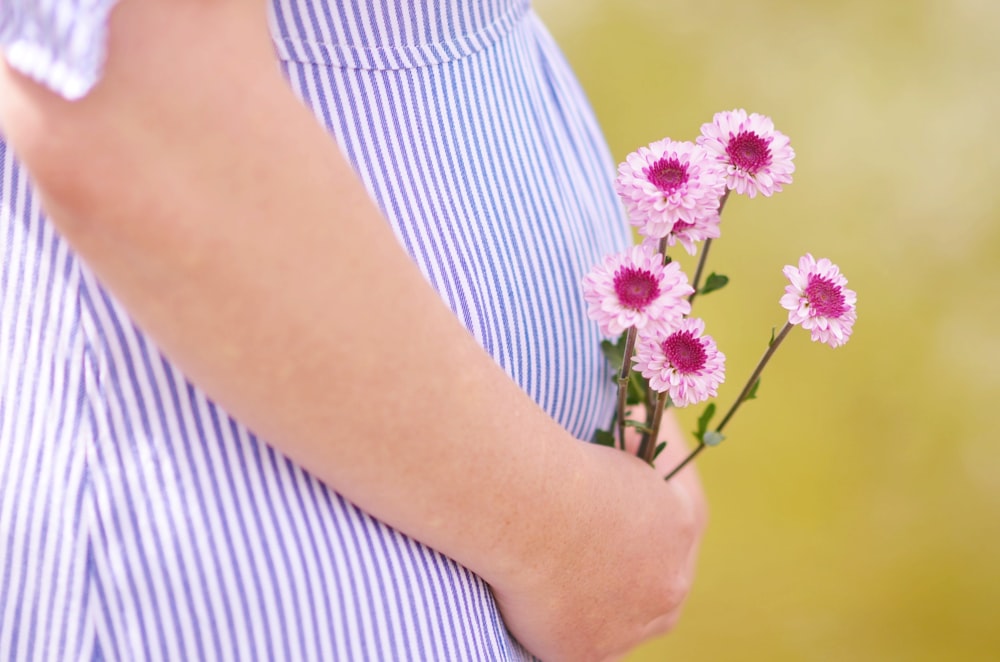
Get that pregnancy glow!
August 25, 2019
By Genesa Tan & Hildra Gwee
We all hear that expecting mothers have that natural pregnancy glow but anyone actually going through pregnancy will tell you that they feel anything BUT glowy (if anything looks glowy, its probably just sweat). During pregnancy, your body goes through dramatic hormonal hell.. ahem we mean changes. As if the usual morning sickness is not enough, the usual side effects of pregnancy include increased sebum production, appearance of greasy or flaky areas on the face, dull hair … the list goes on. If you are currently pregnant, breastfeeding or in the trying phase, you are probably thinking about cleaning up your current beauty routine by switching fully to natural. But exactly what should you be looking out for? We have the basics covered in this post!
Firstly, is adopting a natural skincare regime really better?
If you didn't bother about reading your labels before, it is advisable for you to start getting savvy now. You may have read in many blogs and websites that "70% of what you apply onto your skin will get absorbed directly into your bloodstream". Is it true or just the work of the hippie scaremongers?
In actuality, the ease at which substances are absorbed into our skin depends on a number of factors, including the structure and size of the chemical applied to the skin. While a lot of chemicals are simply too big to be absorbed by the skin, others are small enough or even designed to penetrate the skin quickly - known as nanoparticles and “penetration enhancers”, which are found in many lotions and sunscreens. With any topical product, there is always a risk that the ingredients (even small amounts) will be absorbed into the mother’s bloodstream and consequently into the placenta. That’s why during pregnancy, especially the first trimester (when your baby’s brain and vital organs are developing), it is important for you to avoid exposure to chemicals with links to birth defects.
The Pregnancy Blacklist
- Aluminum chloride hexahydrate: Found in antiperspirant; check for aluminum chloride hexahydrate and aluminium chlorohydrate.
- Beta hydroxy acids: Salicylic acid, 3-hydroxypropionic acid, trethocanic acid and tropic acid.
- Chemical sunscreens: Avobenzone, homosalate, octisalate, octocrylene, oxybenzone, oxtinoxate, menthyl anthranilate and oxtocrylene.
- Diethanolamine (DEA): Found in hair and body products; stay clear of diethanolamine, oleamide DEA, lauramide DEA and cocamide DEA.
- Dihydroxyacetone (DHA): Found in spray self-tanners; could be harmful if inhaled.
- Formaldehyde: Found in hair straightening treatments, nail polishes and eyelash glue; look for formaldehyde, quaternium-15, dimethyl-dimethyl (DMDM), hydantoin, imidazolidinyl urea, diazolidinyl urea, sodium hydroxymethylglycinate, and 2-bromo-2-nitropropane-1,3-diol (bromopol).
- Hydroquinone: A lightening agent; abstain from hydroquinone, idrochinone and quinol/1-4 dihydroxy benzene/1-4 hydroxy benzene.
- Parabens: Keep away from propyl, butyl, isopropyl, isobutyl and methyl parabens.
- Phthalates: Found in products with synthetic fragrances and nail polishes; avoid diethyl and dibutyl especially.
- Retinol: Vitamin A, retinoic acid, retinyl palmitate, retinaldehyde, adapalene, tretinoin, tazarotene and isotretinoin. (Here are some retinol alternatives.)
- Thioglycolic acid: Found in chemical hair removers; can also be labeled acetyl mercaptan, mercaptoacetate, mercaptoacetic acid and thiovanic acid.
- Toluene: Found in nail polishes; skip methylbenzene, toluol and antisal 1a.
OK what should I make a switch to?
We have compiled a list of essentials for you to swap out to!
CLEANSE
1) Natural handmade bar soaps - rich in antioxidant-rich oils plus they are zero waste!
2) Botanical shampoos or better yet, SLS-free solid shampoos!
3) Powdered Dry Shampoos for days where you are not washing your hair
4) Detox regularly with natural clay masks to ensure that the increased sebum production does not result in clogged pores
MOISTURISE
1) Organic Facial Oils/Creams that are fully plant-based.
2) Organic Body balms or just pure Organic Shea Butter can help to increase skin elasticity and lighten stretch marks.
SELF-CARE (because who deserves it more than you right now?)
1) Organic and chemical-free face/body mist to cool you down (being pregnant tends to elevate your body temperature, thereby giving that infamous sweaty "glow"
2) Regular massages to soothe your aching back and legs (all that extra weight!)
What about the safety of using essential oils
Organic essential oils can be really helpful to alleviating some of the physical stresses pregnancy inevitably brings and improve skin and hair health, so long as you avoid those that are contraindicated. Since essential oil metabolites can also cross the placenta, oils with any known toxicity are to be avoided throughout pregnancy. The table below shows you the oils that should be avoided and oils that are safe.
|
Oils to avoid |
Oils that are recommended during pregnancy |
|
Basil |
Geranium |
|
Cedarwood |
Tea tree |
|
Clary sage |
Lavender |
|
Coriander |
Bergamot |
|
Hyssop |
Ginger |
|
Jasmine |
Spearmint |
|
Juniper |
Sandalwood |
|
Marjoram |
Lemon |
|
Oregano |
Frankincense |
|
Myrrh |
Tangerine |
|
Peppermint |
Rose otto |
|
Rosemary |
Cardamom |
|
Sage |
Manuka |
|
Thyme |
Mandarin |
Dosages
Dosages throughout pregnancy should be half the normal adult dose, not only for reasons of safety, but also to allow for the presence of hypersomnia, a phenomenon frequently experienced in pregnancy.
However, besides the things you apply on your skin, taking care your body is the most important. If you are what you eat, eating well is doubly important during pregnancy since you are eating for two! Try to eat organic foods that are free from chemical fertilisers, pesticides and herbicides so that you can really get the nutrition, vitamins and minerals in your fruits and vegetables. Drink loads of water and get plenty of rest.
Congratulations on this new phase in your life =)
Make some beauty swaps by checking out our pregnancy-safe products here






